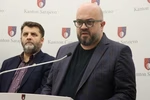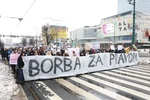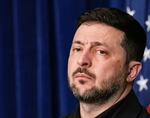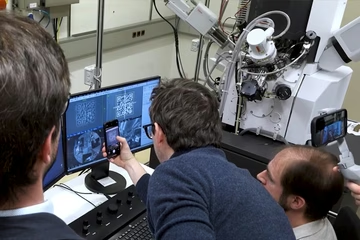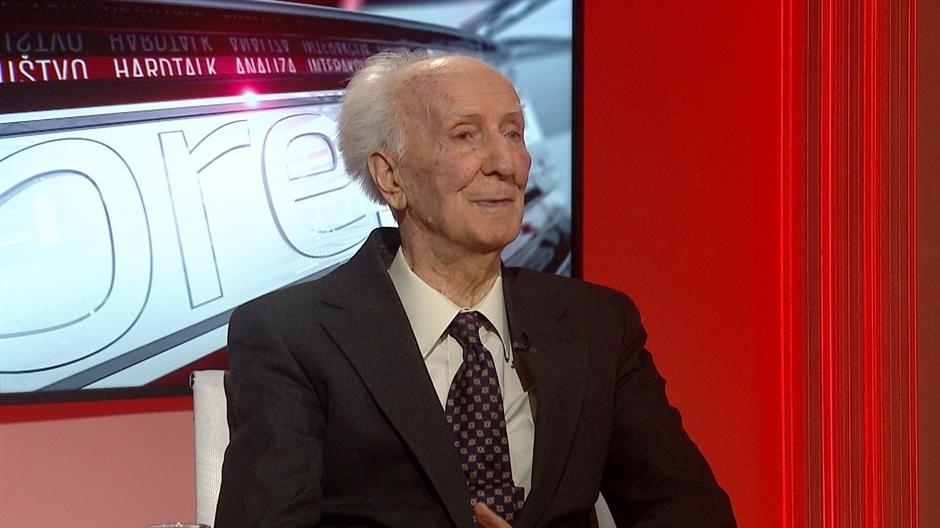
Academician Muhamed Filipovic said that the Chairwoman of the Federation Council of Russia Valentina Matviyenko’s address was an expression of the continuity of Russian politics. According to him, Croatia has a bad policy towards Bosnia, interfering in Bosnian internal relations.
Oglas
Speaking of Valentina Matviyenko’s visit to Bosnia and Herzegovina and her speech when addressing the Bosnian members of parliament, Filipovic stressed that "it was the expression of continuity of the Russian politics. Ever since Boris Yeltsin was the Russian President, the Russian Federation has supported Serbs. I participated in many conversations and I have always asked them: 'What are you doing? If you support Serbs as Slavs, we are Slavs too, Croats are Slavs as well.' I told them that they cannot afford to support only Serbs because then it turns out that they support them only because they are Orthodox, On the other hand, I asked them why they didn’t launch a single peace process and pressured Serbs to stop the mass killings in Bosnia during the 1992-1995 war, but they could never answer that question.”
Filipovic claims that the Russian politics is unable to provide answers that would justify their views. They behave in the way in which they wish to legitimize and revive the whole context of the right of Serb nationalists to do whatever they want in Bosnia, which is to secede the Republika Srpska entity from Bosnia and to merge it with Serbia.
He added that Serb politicians have always been skilled in hiding their true goals.
Oglas
"Serb politicians have always been skilled in hiding their goals, but they can be deciphered. They are very intelligent, capable, and they have great international ties. They are very skilled in politics and rhetoric.”
Filipovic also commented on Croatia’s policy towards Bosnia.
"Croatia's policy towards Bosnia is bad. It is based on the use of the privileges given to it by the Dayton Peace Agreement which ended the war in Bosnia, giving them privileges to interfere with our internal affairs and to control the status of the Croat people," he said.
“Croatian politicians’ and their President Kolinda Grabar-Kitarovic’s claims about Bosnia are unimaginable in normal diplomatic terms. Croatian politicians want to legitimize the territorialization of Croatian supremacy in Bosnia through the reform of Bosnia’s Election Law. In that context, Croats would always come from certain territories within Bosnia. That further contributes to the territorial splitting of the country,” Filipovic concluded.
Kakvo je tvoje mišljenje o ovome?
Učestvuj u diskusiji ili pročitaj komentare
Oglas
Kakvo je tvoje mišljenje o ovome?
Učestvuj u diskusiji ili pročitaj komentare
Oglas
NAJČITANIJE
Oglas
Oglas
Najnovije
Oglas
Oglas





 Srbija
Srbija
 Hrvatska
Hrvatska
 Slovenija
Slovenija














